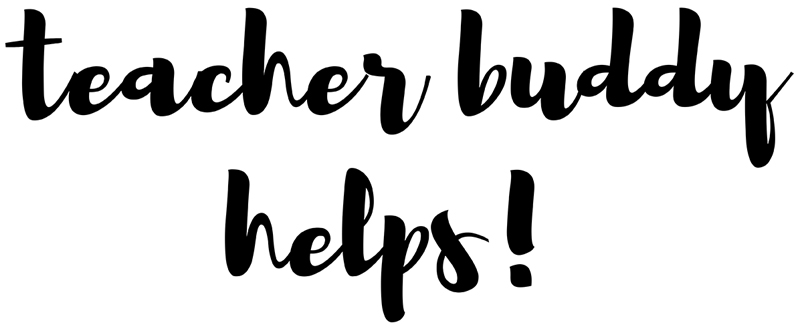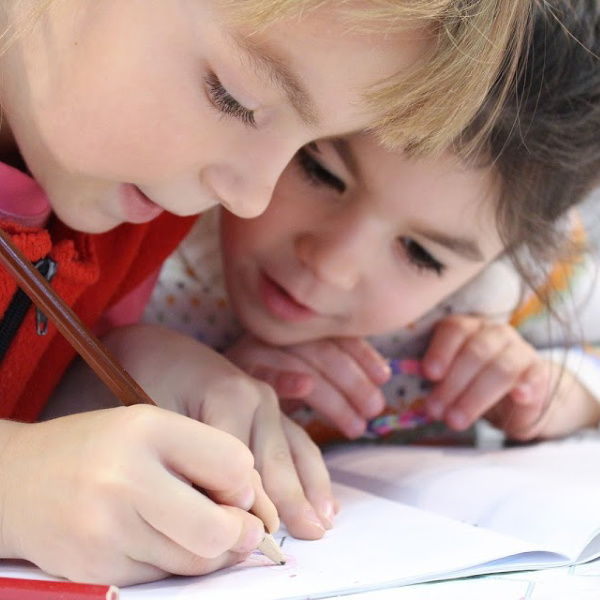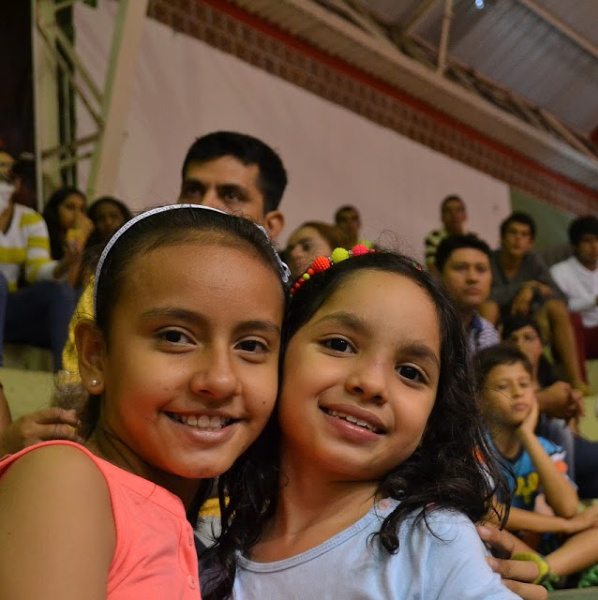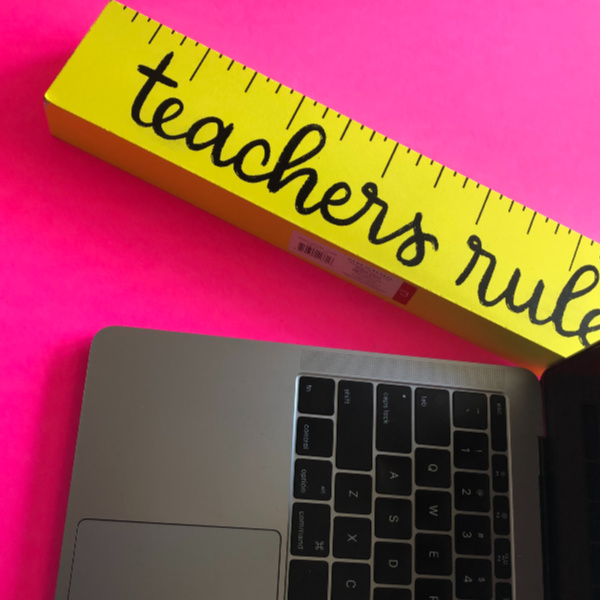15 Ideas if Students Finish Work Early
Teachers are always looking for ways to keep students busy if they finish their work earlier than the rest of the class. You want to be able to offer them a few options, but not make it feel like you are just piling on more work for them. So below are 15 ideas if students finish work early.
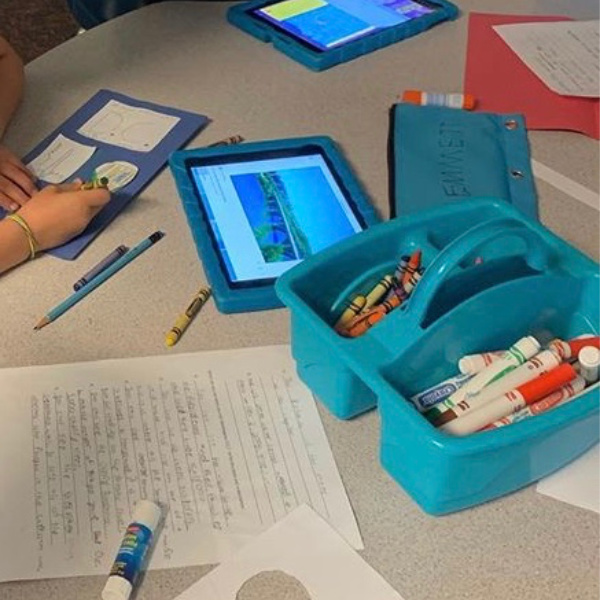
15 Engaging Ideas
I have a list of 15 simple ideas that can be adapted up or down for primary or upper grade students. While this list is mostly geared for elementary aged students, a few of them will also work great in middle school. I suggest that teachers only allow 3 to 5 of these per day. You could have a section of the marker board, or a chart where you post the three for that day. You could keep them the same for the entire week. Whatever works for you and the students in your grade-level.
First I will give you the list here, then afterwards I will provide details about them (if more detail is needed).
- Read a book
- Finish any other unfinished work.
- Practice Math facts
- Reading the Room
- Make a Crossword Puzzle with your Spelling words
- Draw
- Make a 5 question Math (or Science) quiz.
- Write clues for a scavenger hunt.
- Read a newspaper or magazine
- Partner Read with someone else who is finished too.
- Work on a puzzle.
- Make a design with legos or pattern blocks
- Write a letter to a family member or friend.
- Write a poem.
- Create a Book Report for the last book you finished.
Before I get into the details, if you are a new teacher you might also find these two articles useful.
What I Wish I Knew My First Year Teaching
20 Tips for Beginning Teachers
Here are some DETAILS for 15 ideas if Students finish work early.
In this part I will discuss some of the 15 ideas that might need a bit more explanation. The first thing I want to point out is that the teacher needs to teach the students how to do each of these things independently. The most important ones to teach students how to do are: how to make a crossword puzzle from you spelling words, how to create a quick quiz, how to partner read correctly, ideas of how to write poetry, and your required format for book reports.
It might also be a good idea to allow them to earn bonus points for some of the 15 ideas. Especially since some are more difficult than the others.
One strategy called “Reading the Room” is geared more for primary students. Students are allowed to use a pointing stick to walk around the classroom a read some of the words (silently to themselves) as they point to them. Hint: only have two pointing sticks, so only two students can do this at a time.
To have your students practice the math facts, you can either have them write them in a list form, or you can have sheets of random facts for students to complete. My motto was usually, whatever makes it easier for me – the busy teacher. So I would have them write the list:
- 2 X 1 = 2
- 2 X 2 = 4
- 2 X 3 = 6
You get the gist, I’m sure. Ask them to do the facts all the way to 12s. You can do addition, subtraction, multiplication and division (depending on the grade). Rote work never hurts anyone. Believe it or not, some kids actually like doing this… LOL
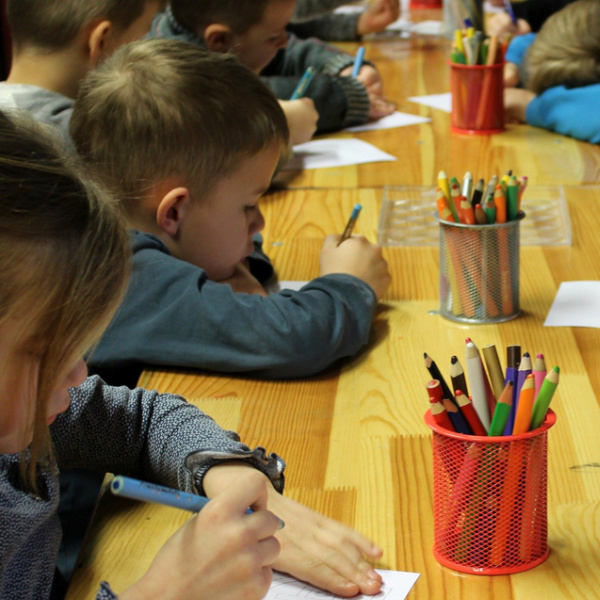
More Activities to do if you’re done early
For students to create 5 question quizzes, I would limit the items to the current chapter we are studying. Also, let them know you will select the best questions to combine for a quiz. This gives you an “out” in case a student writes a question that is unclear or incorrect.
If your “early finisher” wants to create a scavenger hunt, make sure you have some rules and guidelines for this ahead of time. You can make this as simple or as complex as you like. But remember that if students create these, they will want someone to go searching later, so you have to build this into your schedule as well.
Also, three of the ideas listed are actually “active” ones; puzzles, legos and blocks. Make sure that your class thoroughly understands the rules for using each of these activities. The last thing you want to do is to have to stop groups in order to explain the rules to one or two students separately.
Even More Activities for early finishers
Two of the ideas above are reading; read a magazine or read a newspaper. Of course, to offer these you need to have those items available in your room. Make sure you select age appropriate magazines that they can actually read and are interested in.
If you plan to have them create crossword puzzles with their spelling words, I suggest that you first teach this idea to the entire class. Make one under the doc-u-cam and have them do it with you at the same time. I suggest using the super large graph paper that schools have available (the squares are about 1/2 to 3/4 inch squares and are much easier for students to use. As they add each letter of the word, have them outline those boxes in a dark color marker.
Here is a link to a document I created about setting up the perfect classroom (it is for elementary age classrooms). If you’re interested, complete the form and I will email it right over to you.
**
The three writing activities are great for upper elementary or middle school; letter writing, poems or book reports. For poetry you can assign a certain type of poem such as haiku or rhyming stanzas. The letters can have a theme or directions if you choose. For example, write a letter thanking your grandparent for something nice they did for you or gave to you. I would have a printed form to use for book reports, AND I would give lots of extra credit points for completing one (since they need to have read a book to complete one).
That’s about all for today. Hopefully you will be able to use some of these 15 ideas if students finish work early.
Until Next Time,

